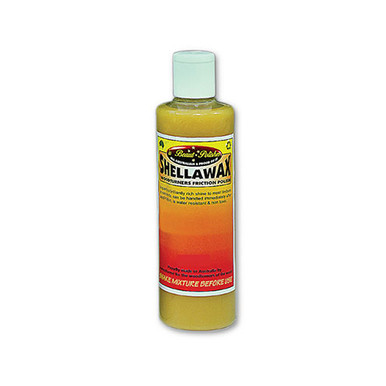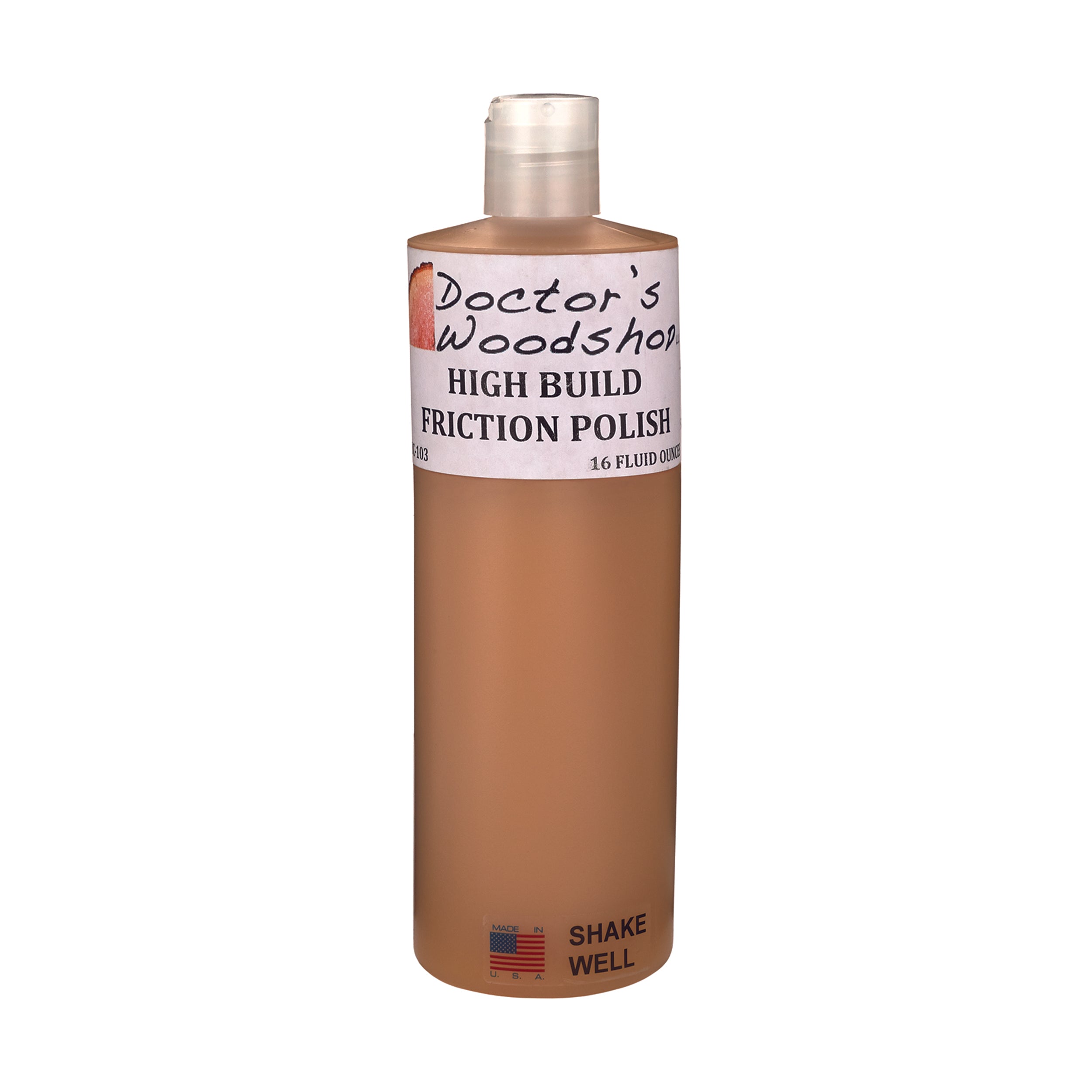Afternoon all - I just setup a small lathe kit, primarily for my oldest son (13), and the 2 of us, (hopefully), will be tearing in over the next few weeks making several small items for Christmas gifts, (pens, bottle stoppers, and bottle openers) for friends/ family.
That said - I've always used simple CA finishes for pens w/ good results, and will here again - with my question being more for the bottle-stoppers, handles, etc in this case.
Ultimately looking for something A) attractive w/ a medium to slightly glossy sheen, B) easy(ish) to apply, (i.e. so easy that an inexperienced 13 year old can do it after some coaching) and C) durable - I understand that it's generally a compromise for picking 2 of those 3, but seeing how close I can get.
I'm also debating picking up 1 of the PSI buffing systems - not looking to go TOOO heavy down the turning rabbit hole until my son's interest is determined, but a buffer would be handy to have around the shop for me too!
Any advise from the experienced turners in the group? Stick w/ CA, or a maybe a hard wax based finish?
The wood species in question for this initial exercise range from domestics like Birds eye maple and cherry to exotics like purpleheart, bloodwood, bubibga, etc.
Thanks all!
That said - I've always used simple CA finishes for pens w/ good results, and will here again - with my question being more for the bottle-stoppers, handles, etc in this case.
Ultimately looking for something A) attractive w/ a medium to slightly glossy sheen, B) easy(ish) to apply, (i.e. so easy that an inexperienced 13 year old can do it after some coaching) and C) durable - I understand that it's generally a compromise for picking 2 of those 3, but seeing how close I can get.
I'm also debating picking up 1 of the PSI buffing systems - not looking to go TOOO heavy down the turning rabbit hole until my son's interest is determined, but a buffer would be handy to have around the shop for me too!
Any advise from the experienced turners in the group? Stick w/ CA, or a maybe a hard wax based finish?
The wood species in question for this initial exercise range from domestics like Birds eye maple and cherry to exotics like purpleheart, bloodwood, bubibga, etc.
Thanks all!


